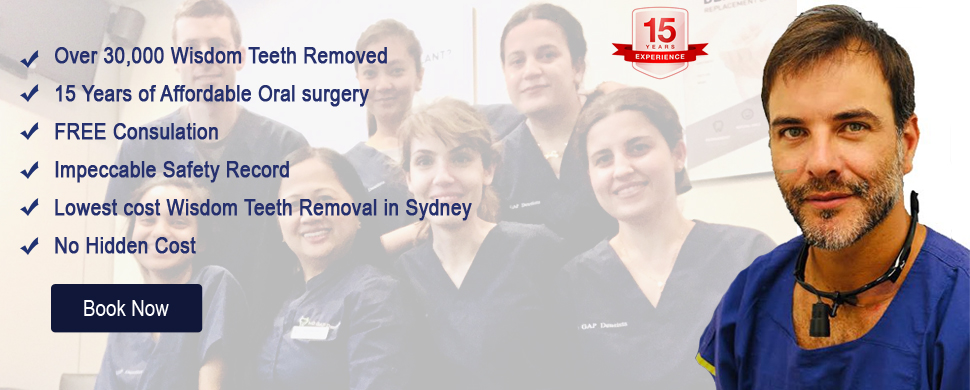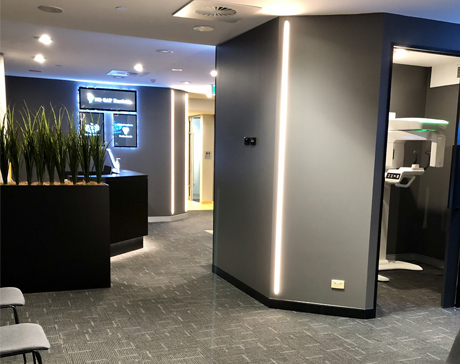People in this day and age sometimes fear visiting their dentist more than their doctor!
A survey by the British Dental Health Foundation found that 36% of people avoided regular dental check ups and cited fear as the main reason for this.
Most of the people who are like this, this is due to the thought of pain during the procedure, for others it is far deeper than that.
Most dental procedures aren’t even painful these days, so we must look further into this anxieties and phobias as being more than a mere fear of pain.
To define both:
Anxiety - a feeling of worry, nervousness, or unease about something with an uncertain outcome:
Phobia - an extreme or irrational fear of or aversion to something
Both words are commonly used to mean the same thing, but they are certainly different as you can see.
People with Dental Anxiety may feel nervous or uneasy before an appointment whereas as someone with a phobia will be completely paralyzed to the thought of going. They’ll experience an intense feeling of dread or fear and be genuinely terrified.
Poorer health can result from dental anxiety and phobia due to avoidance of visits to their dentist (some people will avoid going for years, even decades!). Conditions like heart disease and lung infections have been connected to poor dental hygiene.
Poor self-esteem can also result with people becoming embarrassed about the teeth meaning they smile less and cover their teeth when they speak
What causes Dental Anxiety or Phobias?
There are 4 things that can govern someone’s anxiety or phobia towards the dentist.
1. Pain - fear that they may be putting themselves in position to feel pain
2. Lack of control or helplessness - due to the fact you have to remain completely still for the procedure while someone is operating invasively inside your mouth can trigger feelings of anxiety.
3. Embarrassment - People may feel ashamed or embarrassed by the state of their teeth and mouth and this may trigger feelings of self-consciousness
4. Negative Past Experiences - anyone who has had uncomfortable or painful visits in the past will be more likely to be anxious on their next visit.
If you are experiencing uneasiness towards a dental appointment to any varying degree, recognize which one of these are the sources of your fear.
You can then communicate this to your Dentist who should be able, to the best of their ability, accommodate to your needs.



